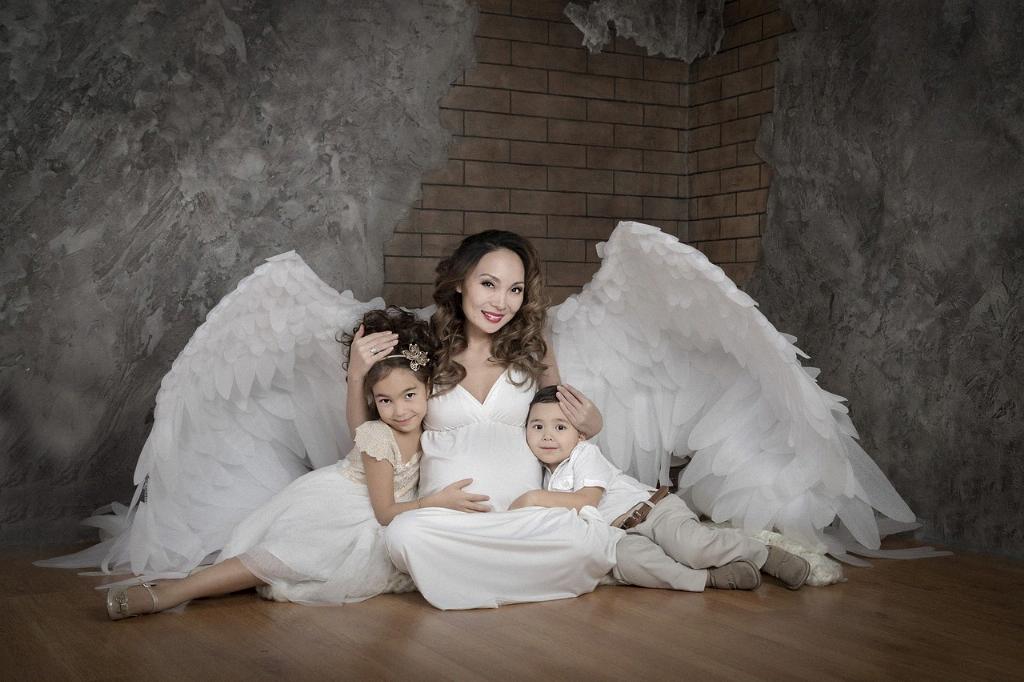At 15 weeks pregnant, you may be wondering how to ensure the well-being of your baby. During this stage of pregnancy, your baby is rapidly growing and developing. It’s essential to stay informed about what to expect and how to monitor your baby’s progress.
Regular Prenatal Check-ups
One of the key ways to know that your baby is okay at 15 weeks pregnant is through regular prenatal check-ups. Your healthcare provider will monitor your baby’s growth, check for any abnormalities, and ensure that everything is progressing as it should be.
Maternal Serum Screening
At this stage of pregnancy, you may have a blood test and detailed ultrasound known as maternal serum screening. This screening helps to assess the risk of certain chromosomal conditions in your baby, such as Down syndrome. It provides valuable information about your baby’s health.
Feeling Your Baby Move
Feeling your baby move is another sign that everything is likely okay with your baby at 15 weeks pregnant. While movements may still be subtle at this stage, they are a reassuring indication of your baby’s activity and well-being.
Healthy Lifestyle Choices
Engaging in healthy lifestyle choices is crucial for your baby’s well-being. Eating a nutritious diet, staying hydrated, getting regular exercise, and avoiding harmful substances like alcohol and tobacco all contribute to a healthy pregnancy and baby.
Listening to Your Body
Listen to your body and pay attention to any unusual symptoms or discomfort. If you experience severe abdominal pain, bleeding, sudden swelling, or decreased fetal movement, contact your healthcare provider immediately.
Embracing the Changes
As your body undergoes significant changes during pregnancy, embrace the journey and trust in your body’s ability to nurture and protect your baby. Embracing the changes, both physically and emotionally, can positively impact your well-being and that of your baby.
Support System
Surround yourself with a supportive network of family and friends who can offer encouragement and assistance throughout your pregnancy. Having a strong support system can alleviate stress and enhance your overall well-being during this critical time.
Educating Yourself
Take the time to educate yourself about pregnancy, childbirth, and newborn care. Being informed about the various stages of pregnancy and what to expect can empower you to make confident decisions regarding your health and the health of your baby.
Stress Management
Managing stress is essential for maintaining a healthy pregnancy. Find relaxation techniques that work for you, such as meditation, yoga, deep breathing exercises, or spending time in nature. Prioritizing self-care can benefit both you and your baby.
Communicating with Your Healthcare Provider
Open communication with your healthcare provider is vital throughout your pregnancy. Don’t hesitate to ask questions, raise concerns, or seek clarification on any aspect of your prenatal care. Your healthcare provider is there to support you and ensure the best possible outcome for you and your baby.
Trusting Your Instincts
Lastly, trust your instincts as a parent. You know your body and your baby better than anyone else. If you ever feel that something isn’t right or have a gut feeling that prompts concern, don’t ignore it. Trusting your instincts and seeking prompt medical attention can help safeguard the well-being of your baby.

